Estúdio Campana presents ‘Cine São José’ at Friedman Benda LA
‘Cine São José’ by Estudio Campana opens at Friedman Benda to coincide with Frieze LA, featuring rare and significant pieces from the studio’s history
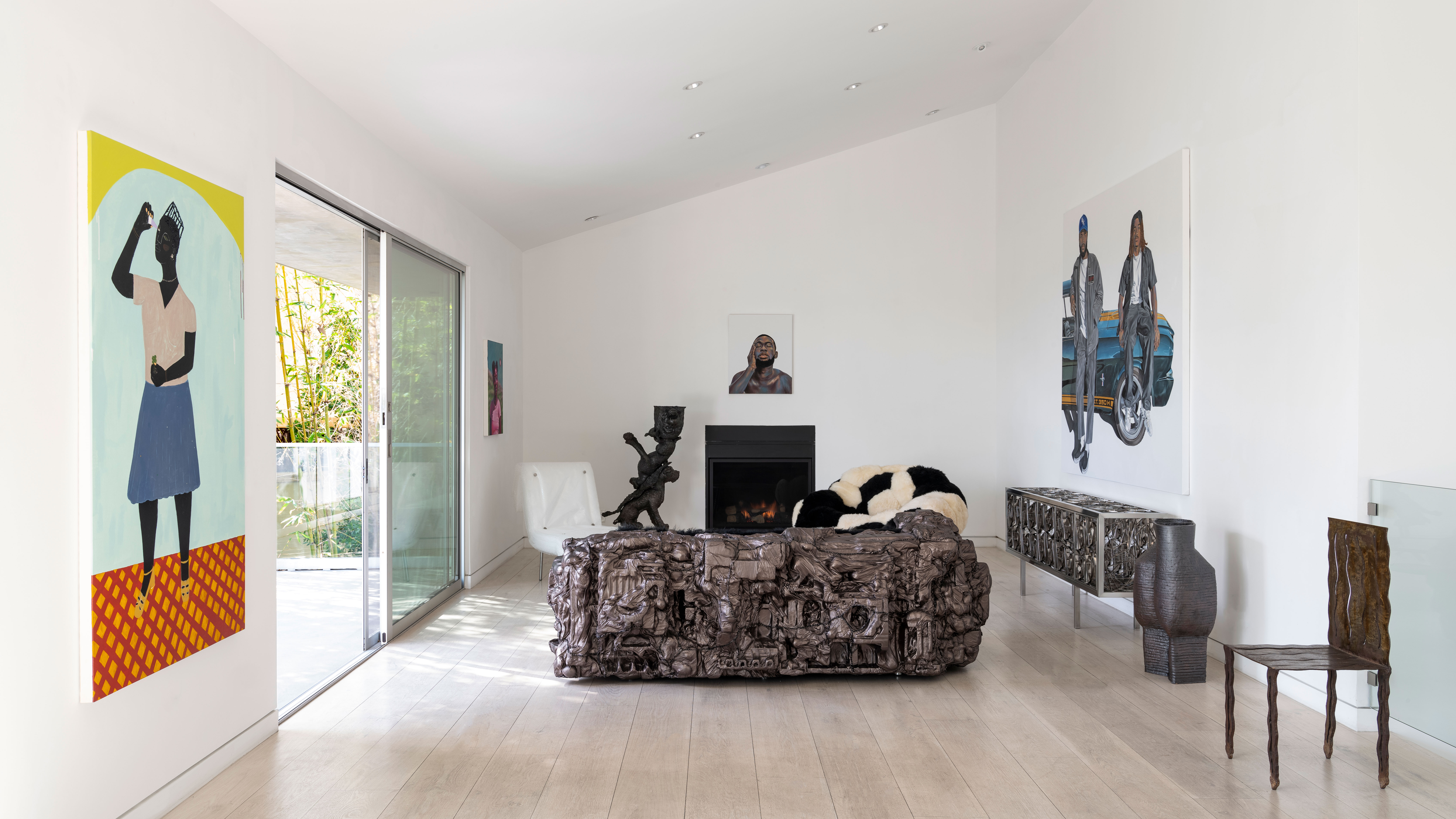
‘“Cine São José” was planned before [my brother] Fernando passed away, but it’s become an homage to him, to our history and to his memory,’ says Humberto Campana of his studio’s exhibition at Los Angeles gallery Friedman Benda, which opens this week in line with Frieze LA art fair (and until 15 April 2023).
Brazilian designer and architect Fernando Campana passed away in November 2022, aged 61. For over 35 years, brothers Fernando and Humberto pushed the boundaries of furniture design by combining unlikely, often-found materials, with an innovative look at Brazilian culture and craft traditions, becoming international stars of contemporary design in the process.
‘Cine São José’: a tribute to the Campana Brothers’ childhood cinema
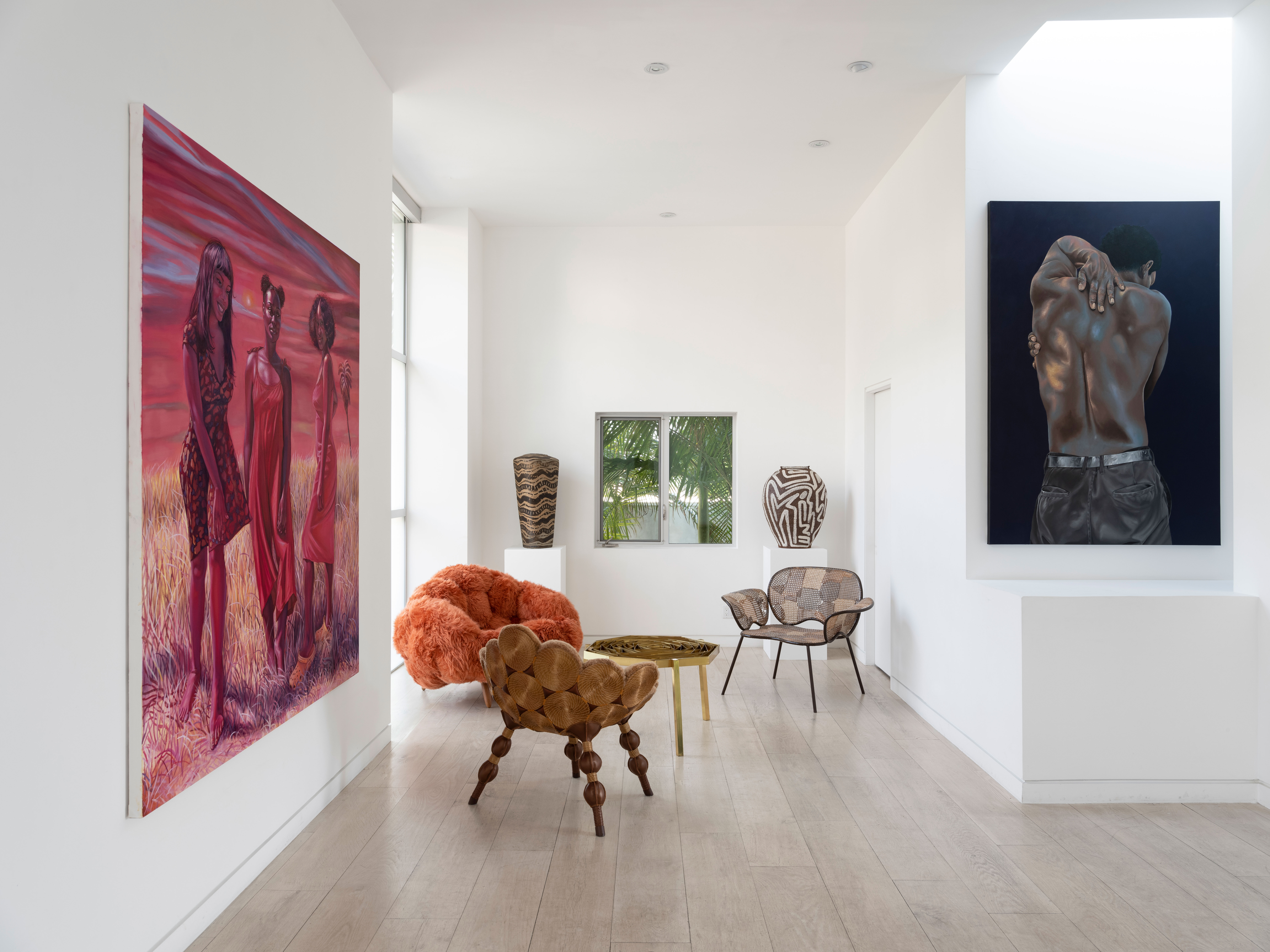
Installation view including the ‘Detonado’ chair (2013) and ‘Jalapão’ chair (2022) and ‘Bolotas Armchair Apple’ (2015)
‘Cine São José’ references the cinema in the Campana brothers’ hometown of Brotas, where they spent a significant part of their youth. ‘We grew up in the countryside, in a small, conservative area of São Paulo state,’ explains Humberto. ‘There was not much going on, but the silver screen opened our eyes to the world.’
The show chronologically traces rare pieces from the history of Estúdio Campana that are imbued with cultural, societal or personal narratives, while introducing some new works that bring together the studio’s core ideologies.
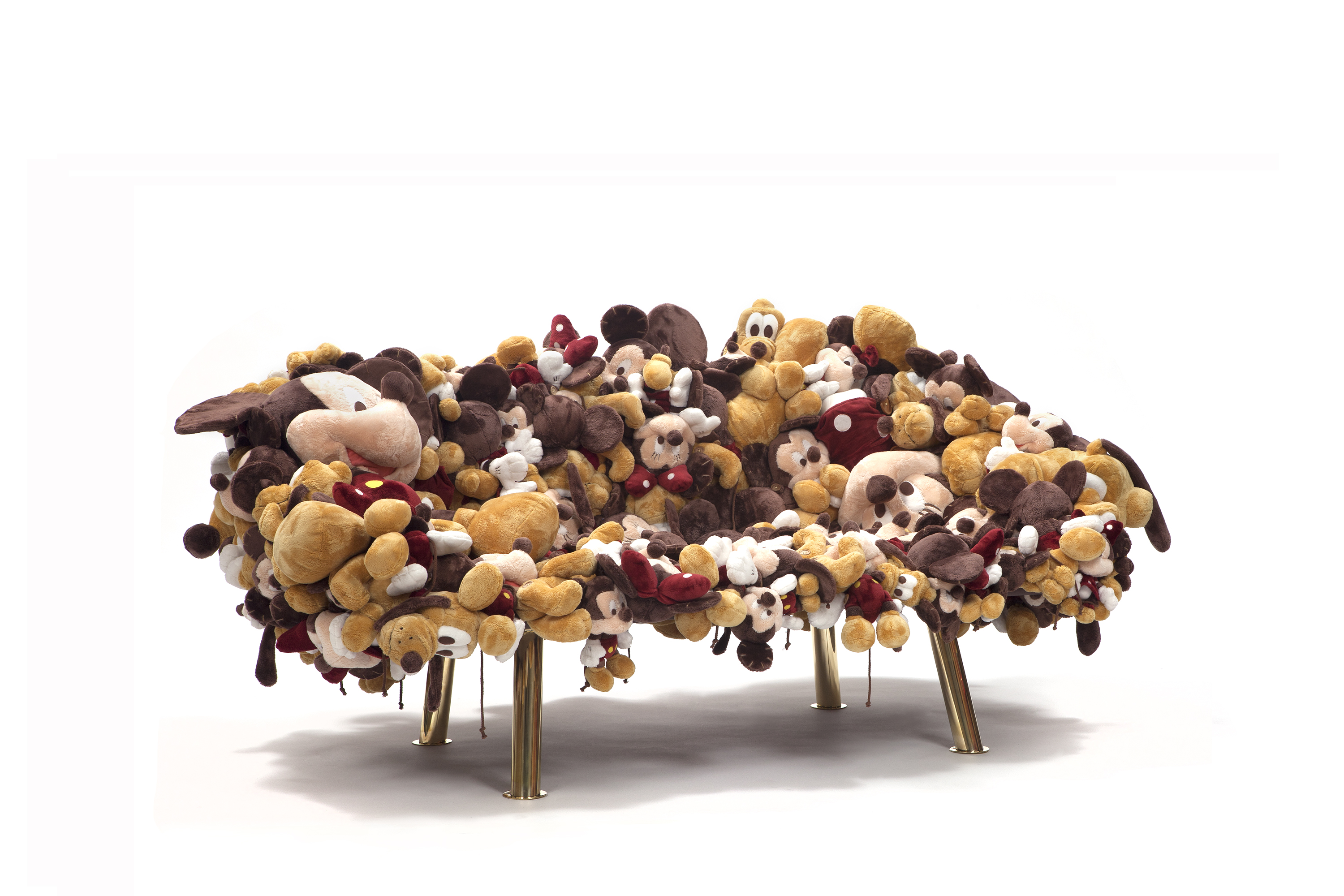
‘Disney’ sofa (2009)
The show’s earliest piece, the ‘Yanomami’ chair (1989), is part of a series of rough sculptural iron seats called the ‘Desconfortáveis’, or ‘Uncomfortables’, created at a time of political upheaval as Brazil was coming out of 30 years of dictatorship. Exploring personal expression and everyday materiality, the ‘Yanomami’ is named after and honours the indigenous people from the northwest of Brazil. Perforations made with a blow torch reference the meandering lines that the Yanomami paint on their bodies.
A street vendor’s array of children’s stuffed animals inspired a much-loved collection, using plush toys stitched together as upholstery, as with the ‘Disney’ sofa (2009), which recontextualises unexpected materials with humour and a surrealist quality.
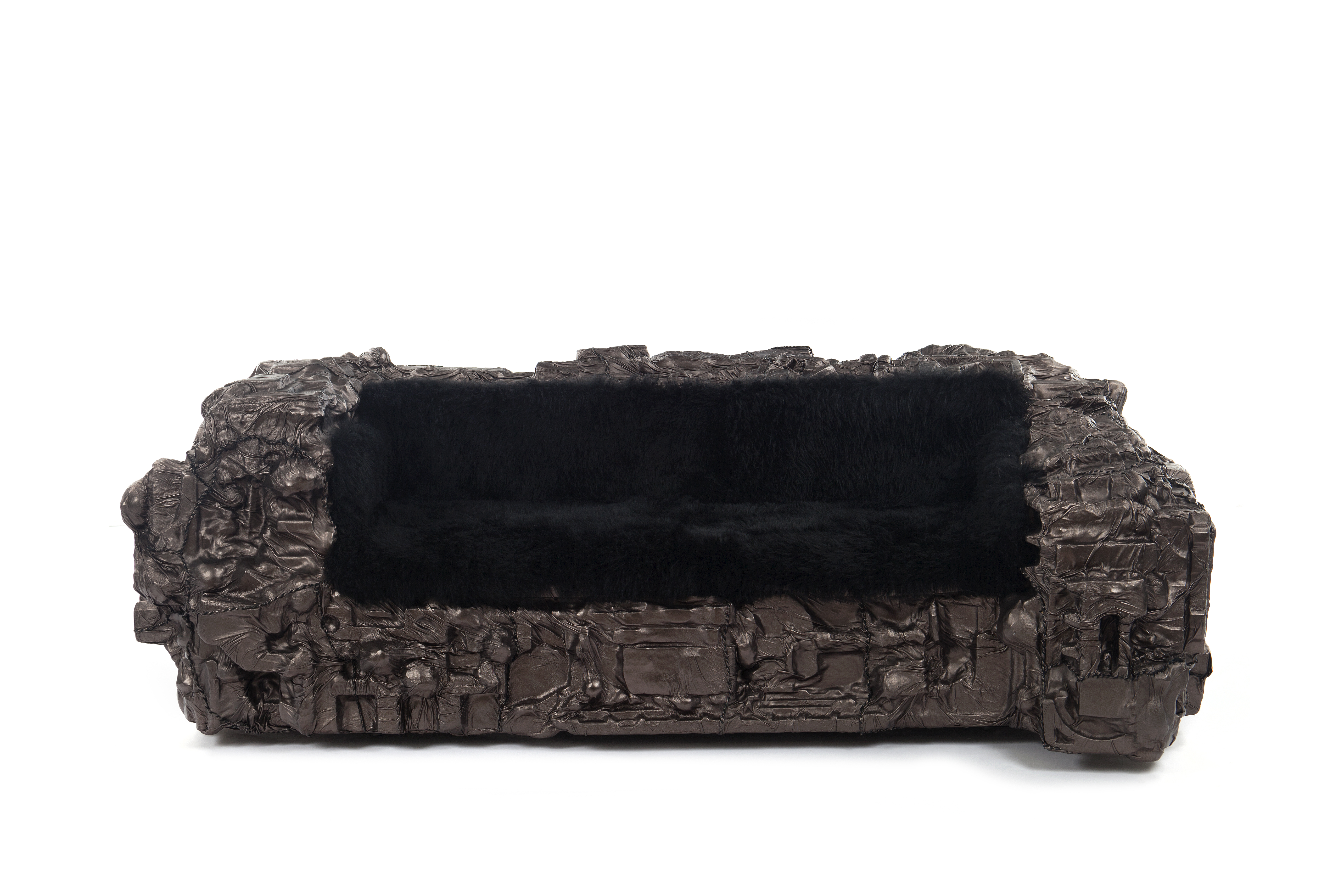
Key exhibition pieces show how the brothers continued to find inspiration in São Paulo’s neighbourhoods, both in its found or recycled materials and in its local artisans, whose work they supported. The ‘Detonado’ series (from 2013) integrates reclaimed Thonet cane seating, rewoven in a patchwork, while the ‘Wave’ buffet (2016) is distinguished by concentric rolls of surplus cloth, including rubber and carpeting.
Wallpaper* Newsletter
Receive our daily digest of inspiration, escapism and design stories from around the world direct to your inbox.
The ‘Galactica’ sofa (2020) is made from discarded Styrofoam originally created as packing for electronics and other consumer products. Diverted from landfill, this waste material is intricately joined to create a frame, with bronzed leather worked over the forms by hand. For Humberto, it is a triumph of simple, poetic solutions and creative chaos. ‘It took a long time to transform and elevate Styrofoam into something that looks noble,’ he says with a grin. ‘We use what we find, so no piece is the same, and this creates a unique spirit. You can feel the affection and love within that object.’
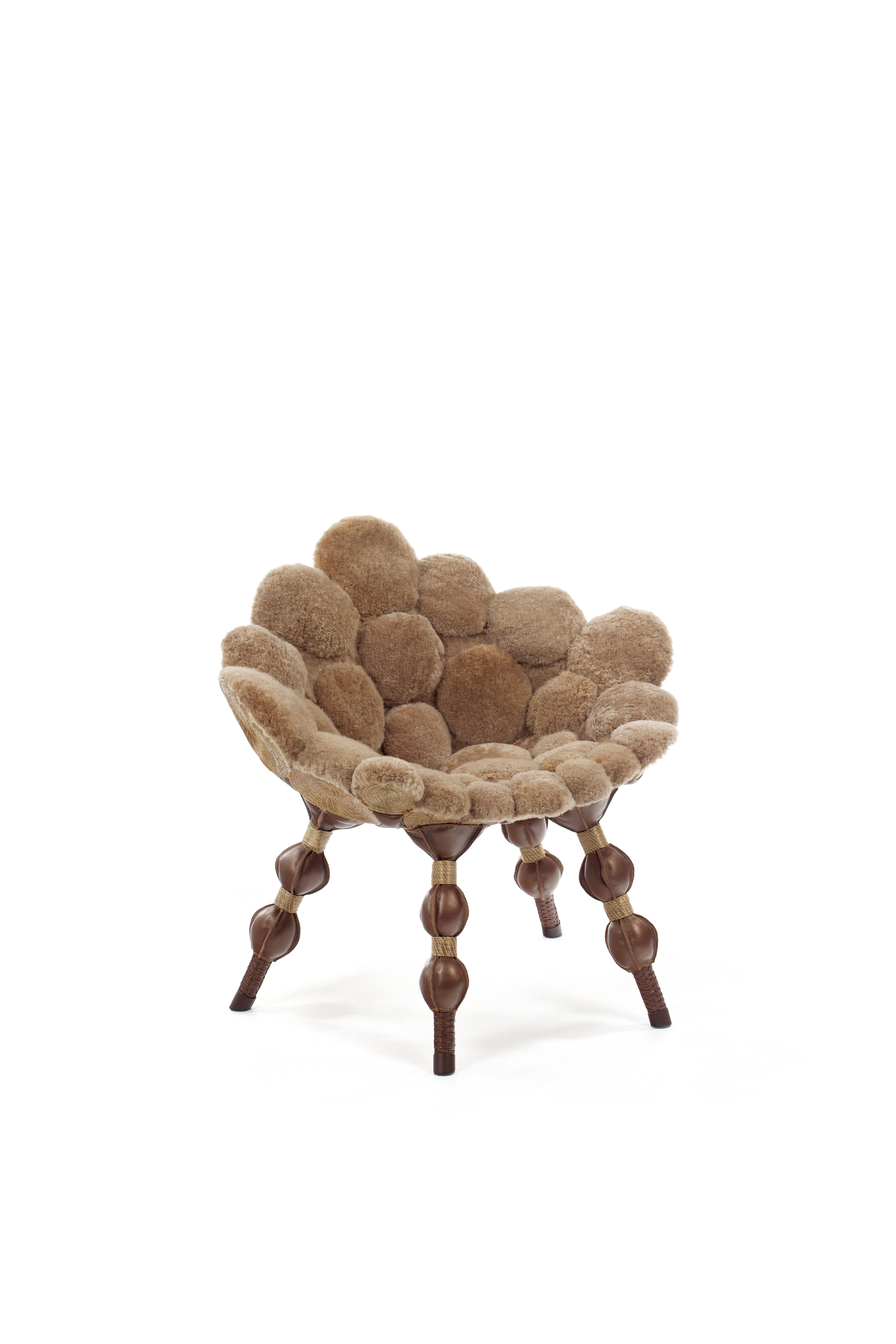
‘Jalapão’ chair (2022)
The new ‘Jalapão’ chair (2022) sees hand-embroidered discs of golden straw from the centre of Brazil, mixed with braided and stitched leather detailing and pillowy sheepskin upholstery. The piece, which is equal parts surprising and beautiful, is an ode to the craftsmanship culture of their country.
‘When we started out, we didn’t want to take the road of the Brazilian Modernists,’ says Humberto. ‘We wanted to show another Brazil – a mix of cultures, techniques, materials, colours and textures that embrace imperfection, and feel human. Championing the ancestrality of the vernacular is what has always interested us, and I hope that will be our legacy.’
‘Cine São José: 35 Years of Estúdio Campana’ is on view until 15 April 2023
Friedman Benda, 8260 Marmont Ln, Los Angeles, CA 90069
Timothy Anscombe-Bell runs Sustainable Design Collective (SDC), a Los Angeles based design resource and consultancy, bringing together some of the brightest in modern craft-based manufacturing. He works on healthy, sustainable and green building schemes – from offices, cultural institutions, schools and universities, to hotels, restaurants and specialist retail. @sdc_inc
-
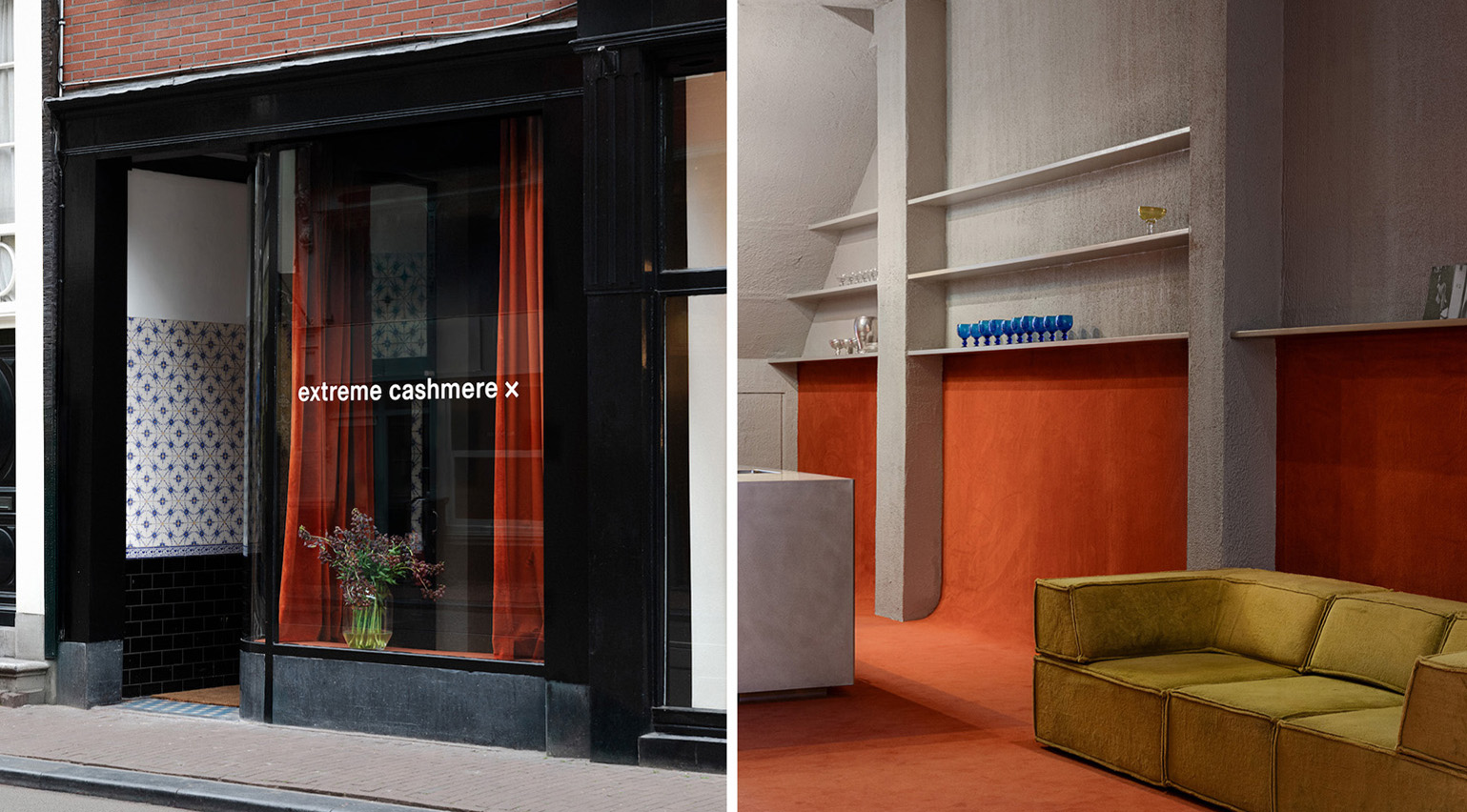 Extreme Cashmere reimagines retail with its new Amsterdam store: ‘You want to take your shoes off and stay’
Extreme Cashmere reimagines retail with its new Amsterdam store: ‘You want to take your shoes off and stay’Wallpaper* takes a tour of Extreme Cashmere’s new Amsterdam store, a space which reflects the label’s famed hospitality and unconventional approach to knitwear
By Jack Moss
-
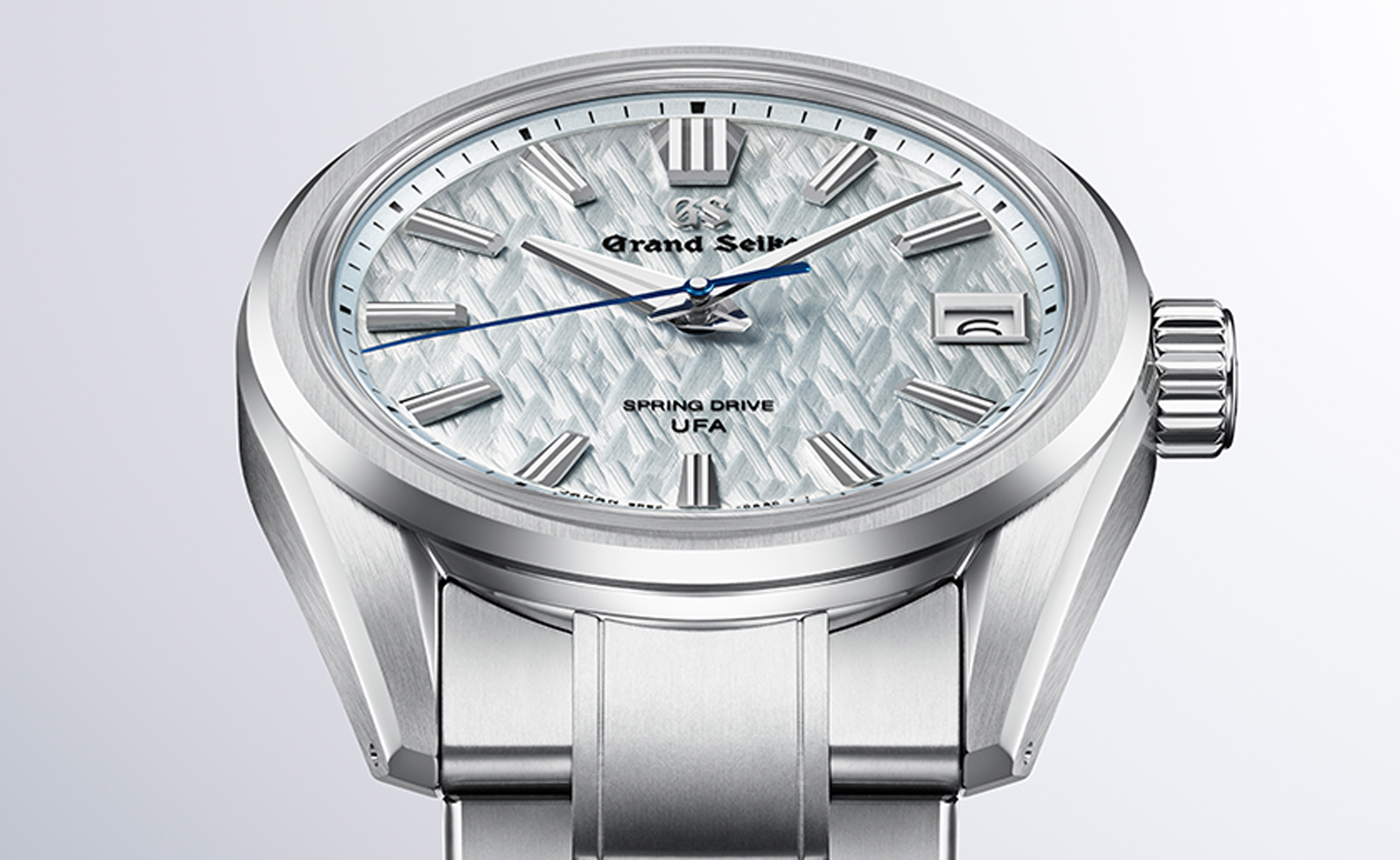 Titanium watches are strong, light and enduring: here are some of the best
Titanium watches are strong, light and enduring: here are some of the bestBrands including Bremont, Christopher Ward and Grand Seiko are exploring the possibilities of titanium watches
By Chris Hall
-
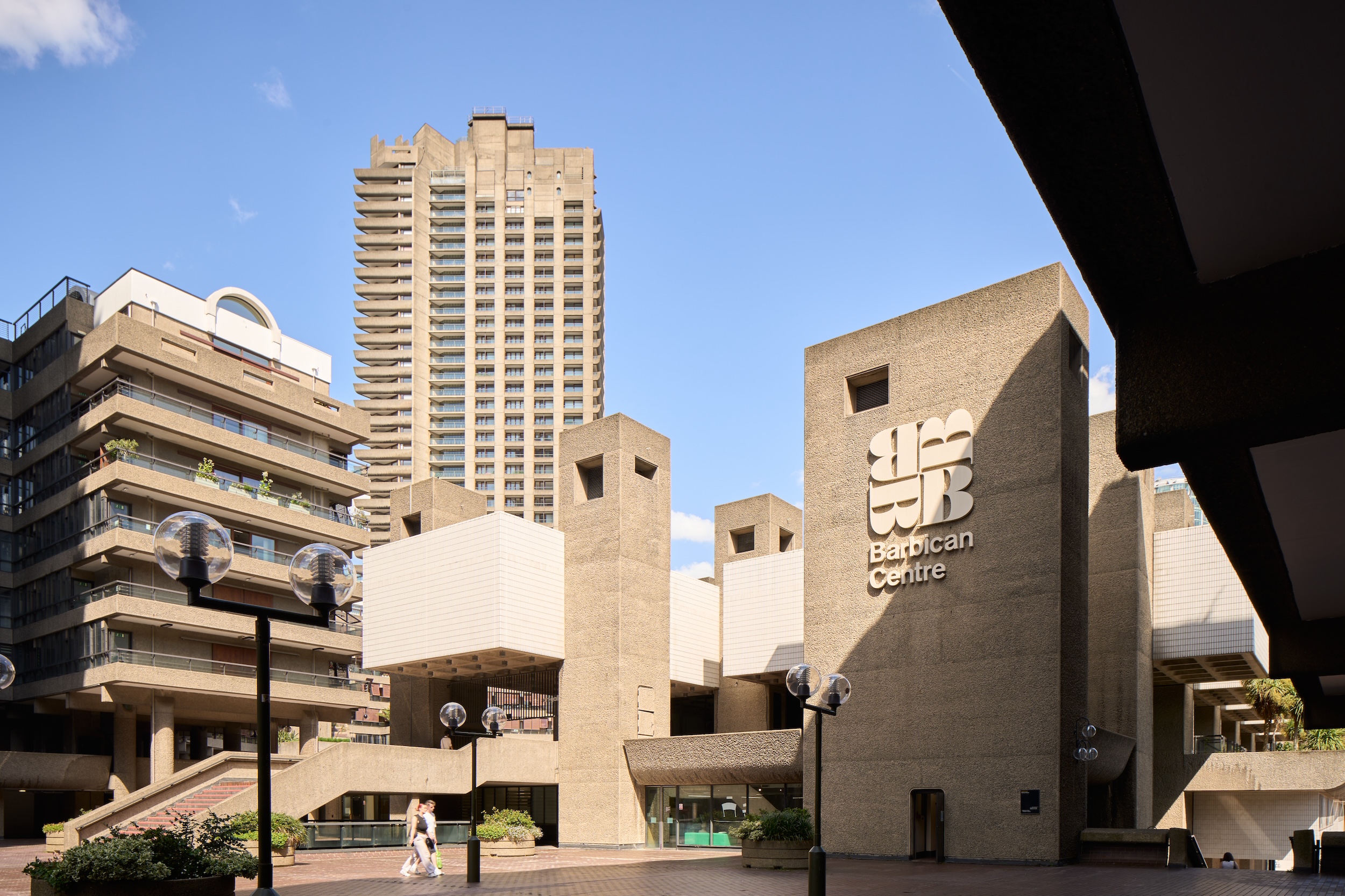 Warp Records announces its first event in over a decade at the Barbican
Warp Records announces its first event in over a decade at the Barbican‘A Warp Happening,' landing 14 June, is guaranteed to be an epic day out
By Tianna Williams
-
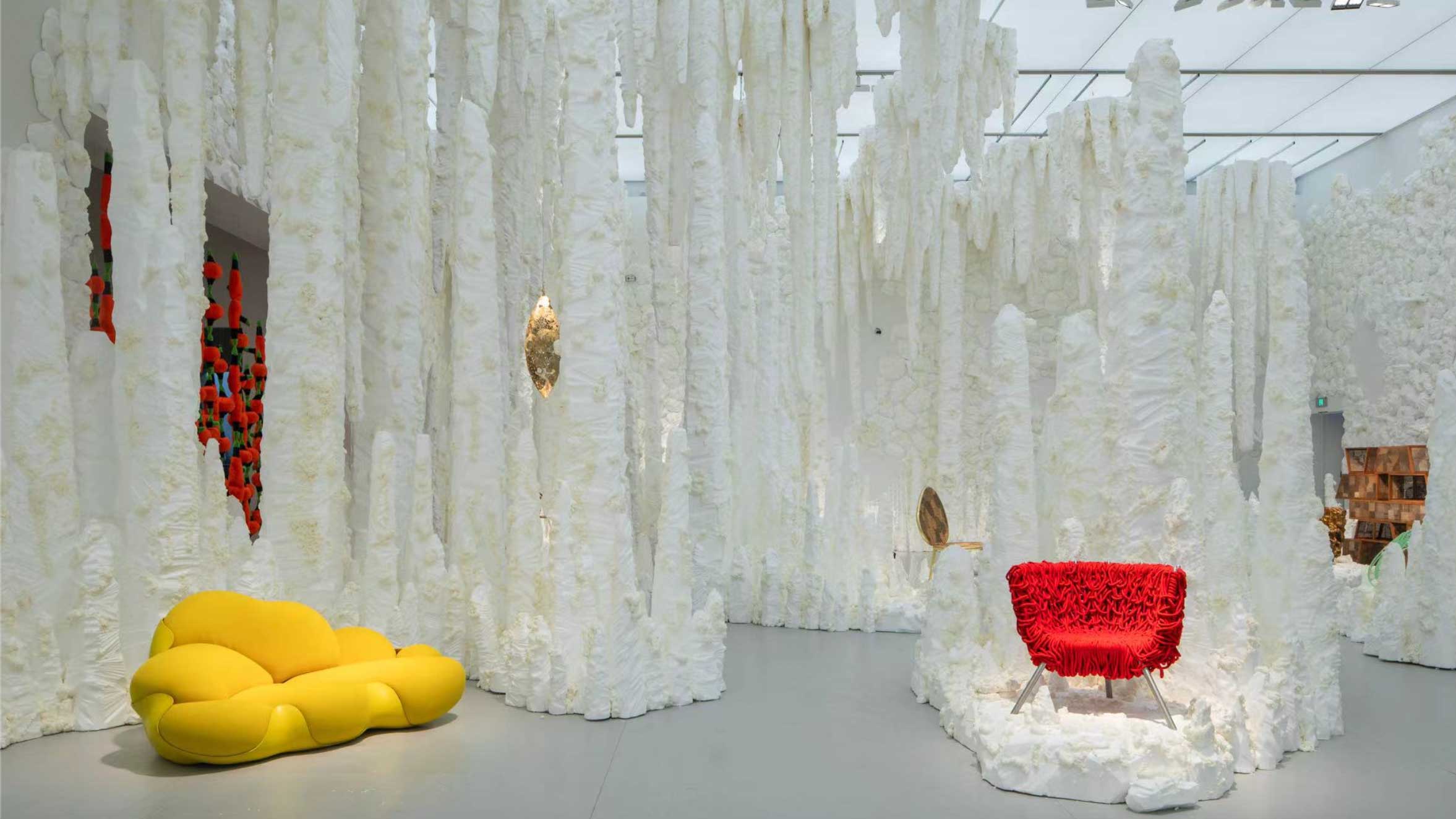 Explore Estúdio Campana's cave of wonders on view in Shanghai
Explore Estúdio Campana's cave of wonders on view in Shanghai'Impermanence - 40 Years of Estúdio Campana' is on view at Shanghai's Power Station of Art (PSA) until 8 September 2024
By Rosa Bertoli
-
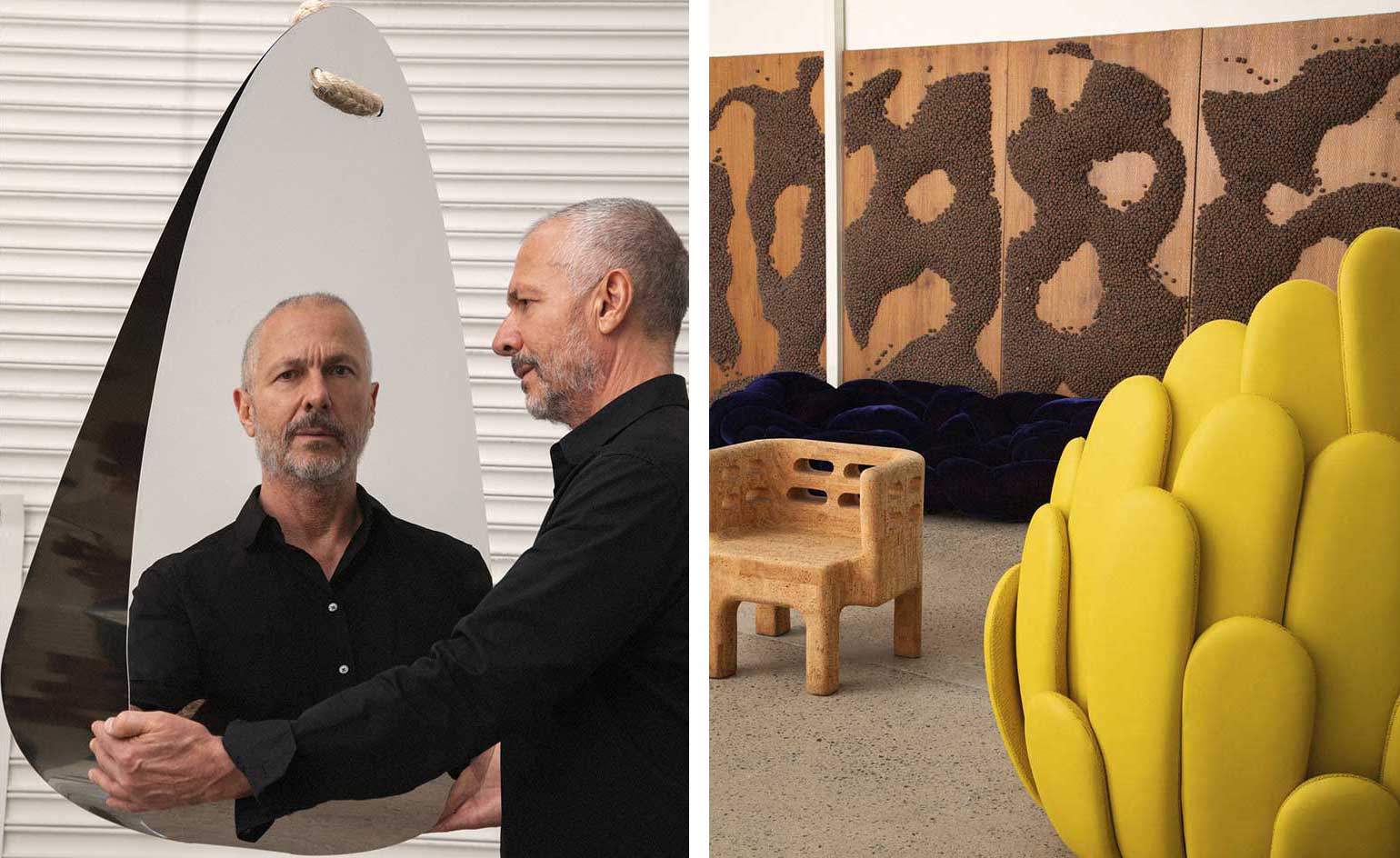 Humberto Campana welcomes us to his new São Paulo studio
Humberto Campana welcomes us to his new São Paulo studioAs one half of Estudio Campana, Humberto Campana built a reputation for elevating found objects into playful furnishings. We visit his new São Paulo studio as he embarks on a solo career
By Beta Germano
-
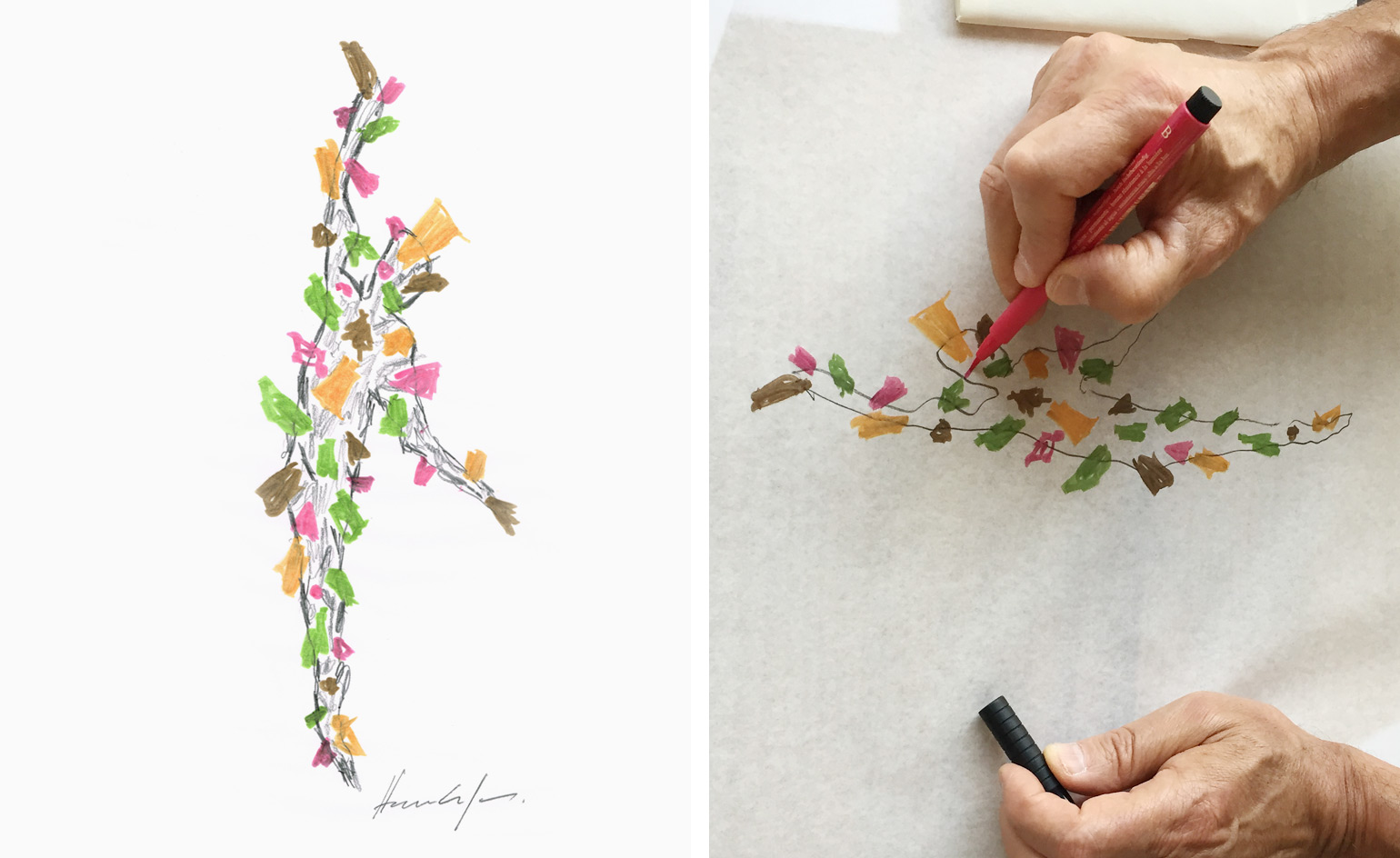 Machine man: bringing Oskar Schlemmer’s Triadic Ballet into the digital era
Machine man: bringing Oskar Schlemmer’s Triadic Ballet into the digital eraBy Olivia Martin
-
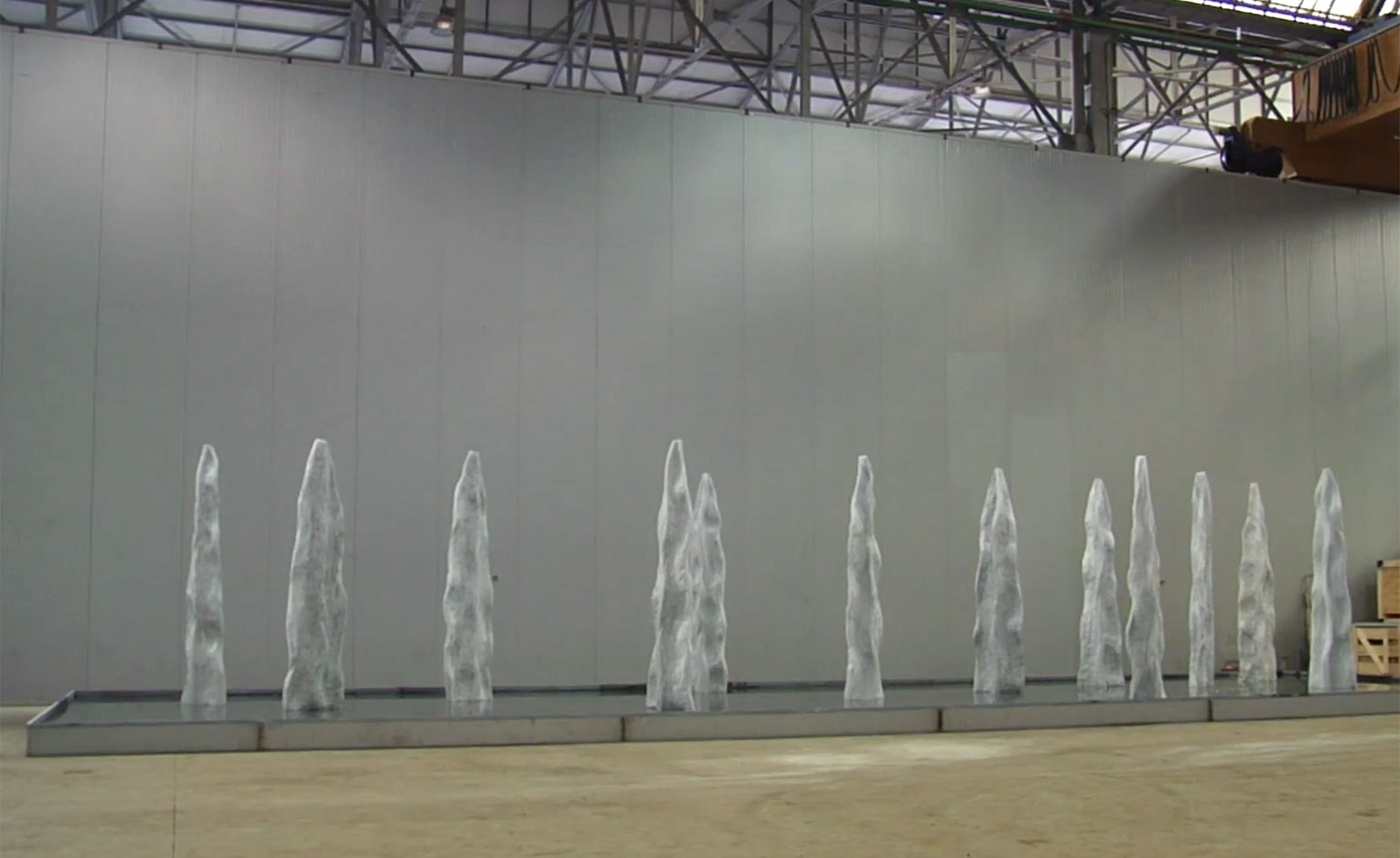 Made pure: the Campana Brothers and Stephan Hamel create Fontana Etruria
Made pure: the Campana Brothers and Stephan Hamel create Fontana EtruriaBy Sam Rogers
-
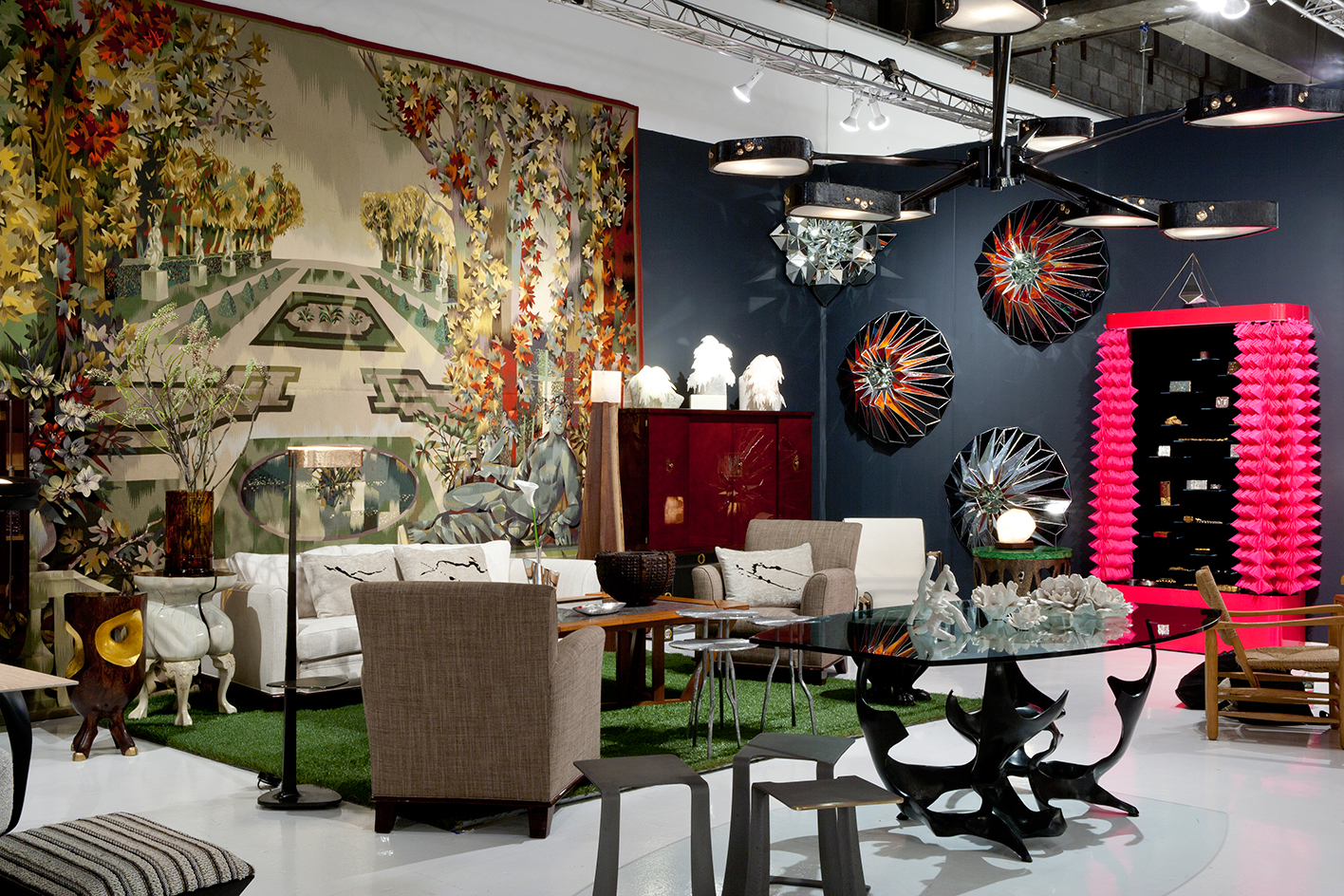 Collective concepts: the W* picks from Collective Design Fair 2016
Collective concepts: the W* picks from Collective Design Fair 2016By John Gendall
-
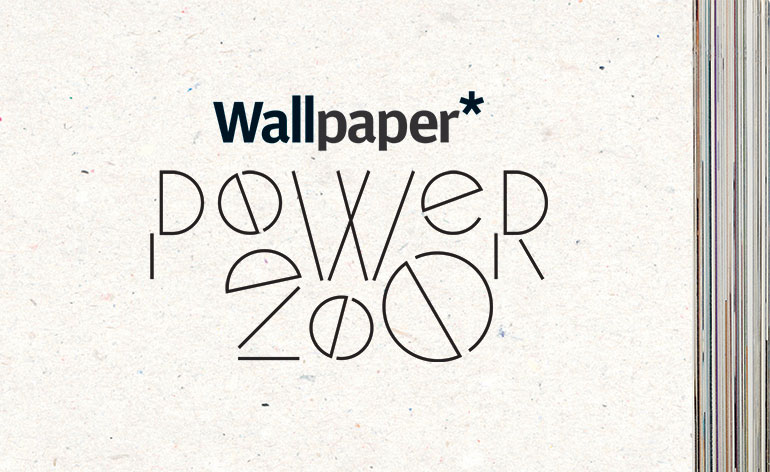 Wallpaper* Power 200: the world’s top design names and influencers
Wallpaper* Power 200: the world’s top design names and influencersIt’s back with a double helping of provocation and praise. We have plumped up this year’s Power List to a meaty two-ton’s worth of carefully measured rankings, an upscaled calibration of design achievement. As we strongly suspected, last year’s Power 100 caused a considerable stir and provoked strong words. And, as last month’s editor’s letter made clear, even alarming threats of revenge and recrimination. So this year, unchastened, we thought we would do it all again, but double the dose. To mark our 200th issue, the power 100 has become 200. Or rather 100+100 (normal disservice will be resumed next year). And, in a self-congratulatory nod to our keen eye for talent and perhaps the propulsive effect we have had on nascent design careers, we have trawled the Wallpaper* archives, retraced our expert truffling and recovered the debut appearances of future Power Listers. (Look out for long-lost hair, unlined faces and eyes undimmed).
By Rosa Bertoli